How the Fed Impacts Mortgage Rates
Let’s shed some light on how the mysterious and influential Federal Reserve affects mortgage rates.
First off, let’s start with what a mortgage is. It’s a loan that is used to purchase a home, and the interest rate on a mortgage determines the amount of money the borrower must pay back each month. That’s the key factor in determining the overall cost of the loan, and we all know how important that can be.
Now, let’s talk about the Fed. They set the target for the federal funds rate, which is the rate at which banks can lend and borrow money from each other overnight. When the Fed raises the federal funds rate, it becomes more expensive for lenders to borrow money, and they often pass on that cost to their customers in the form of higher interest rates on loans, including mortgages. On the flip side, when the Fed lowers the federal funds rate, it becomes cheaper for lenders to borrow money, and they may lower their lending rates, including mortgage rates.
It’s important to note that while the Fed can have an indirect impact on mortgage rates, there are other factors that play a role as well, such as the state of the economy and the supply and demand for loans.
Here are five examples of how the Feds can impact mortgage rates.
- Setting the federal funds rate: The Federal Reserve sets the target for the federal funds rate, which is the rate at which banks can lend and borrow money from each other overnight. This rate can directly impact mortgage rates, as lenders may pass on the increased costs of borrowing to their customers.
- Adjusting the monetary policy: The Fed can adjust its monetary policy to influence the supply of money in the economy, which can impact interest rates, including mortgage rates. If the Fed decides to increase the money supply, it can lead to lower interest rates, and vice versa.
- Buying and selling government securities: The Fed can buy and sell government securities, such as Treasury bonds, to control the supply of money in the economy. By buying securities, the Fed can increase the money supply and lower interest rates, and by selling securities, it can reduce the money supply and raise interest rates.
- Communicating its expectations: The Fed can communicate its expectations for the future of interest rates, which can impact the expectations of market participants and influence mortgage rates. If the Fed signals that it expects to raise interest rates in the future, it can lead to an increase in mortgage rates.
- Maintaining financial stability: The Fed can use its regulatory powers to maintain financial stability, which can impact mortgage rates. For example, if the Fed decides to tighten regulations on lending practices, it can make it more difficult for lenders to issue loans, leading to higher mortgage rates.
So, what does this all mean for you as a homebuyer or someone looking to refinance? It means that you need to be informed and know the right questions to ask. That’s where we come in. As mortgage experts, we can help guide you through the often confusing and overwhelming mortgage market and find the best options for your unique financial circumstances.
If you’re looking to buy or refinance a home, we’re The 2 Mortgage Guys, and we’re here to help!






